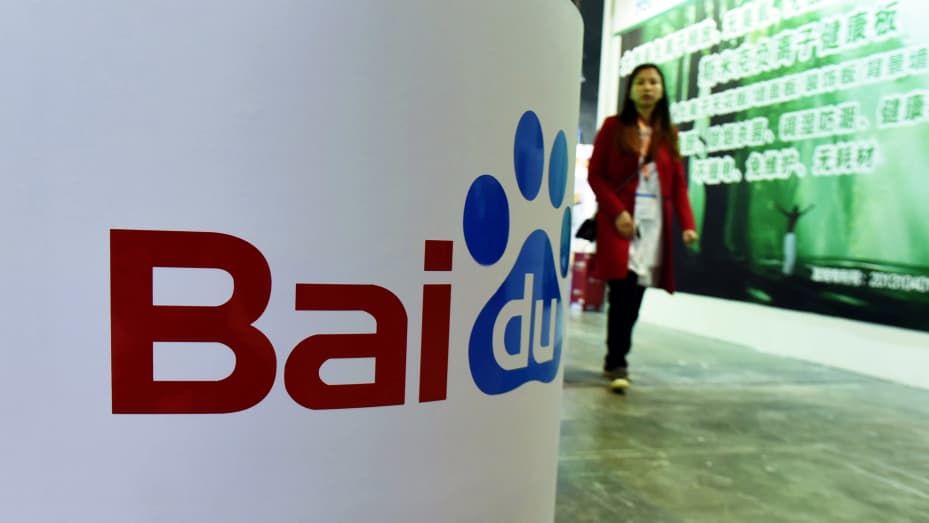Samsung has replaced Google’s Gemini models with Baidu’s Ernie AI technology in its Galaxy S24 series for China.
Samsung Electronics China revealed during the Galaxy S24 Chinese launch event that Baidu’s Ernie AI would enable Galaxy AI capabilities, including translation and summary. The Chinese launch exclusively featured Baidu’s Ernie chatbot, which debuted in August last year, unlike Western countries where Google’s Gemini core models support Galaxy AI.
Samsung has long counted on Google’s AI expertise for its Galaxy devices worldwide, which is a significant change for the company.
Read also: Samsung to boost its tech leadership in 2024 through M&A deals
Why Switch?
The Chinese transition to Baidu may be due to several factors:
Regulatory Landscape: China’s strict data regulations and restrictions on foreign tech companies have made it difficult for Google to operate freely in the country. As a domestic corporation, Baidu can manage these laws better.
Market Specificity: Baidu’s AI technology understands the Chinese language and user behaviour better than Google’s. It can give Chinese users a more personalised and relevant experience.
Brand Recognition: Baidu is well-known in China for its AI technologies. Samsung can capitalise on this brand recognition and attract Chinese consumers by partnering with Baidu.
The Baidu logo image
Baidu-powered AI features in the Chinese Galaxy S24 series include:
Real-time call translation: With the help of this feature, users can easily communicate with contacts abroad by translating conversations in real time during phone calls.
Automatic text summarising and formatting: Baidu’s AI can summarise and format significant texts, saving users time.
Circle Search: This revolutionary function lets users search for information on their phones using hand movements, making it easier to use without touching the screen.
This change may affect Samsung’s Galaxy S24 sales in China and whether the company would use Baidu’s AI technology elsewhere. However, Samsung’s decision represents a significant step in the expanding AI competition between Chinese and American tech corporations.
